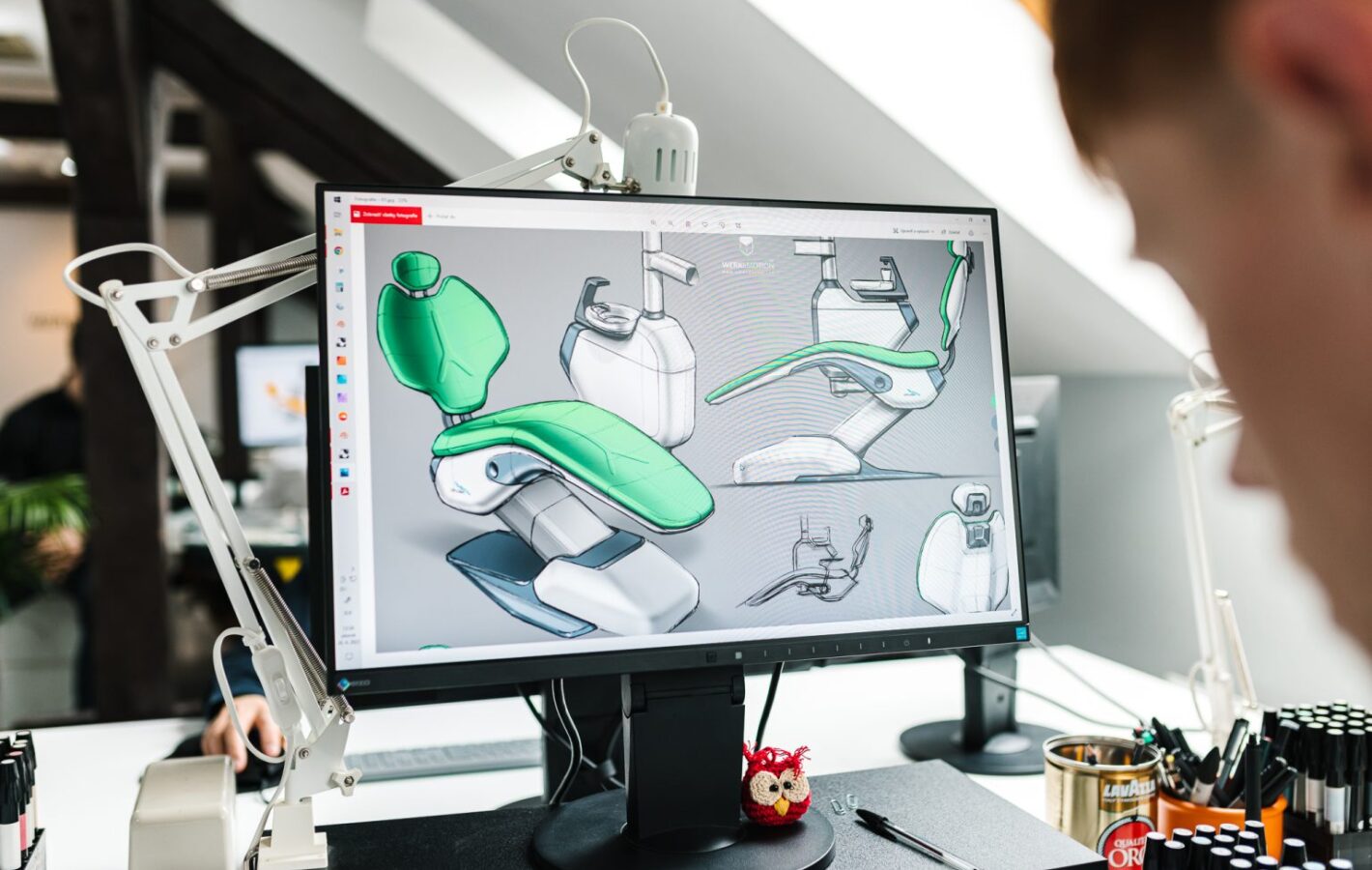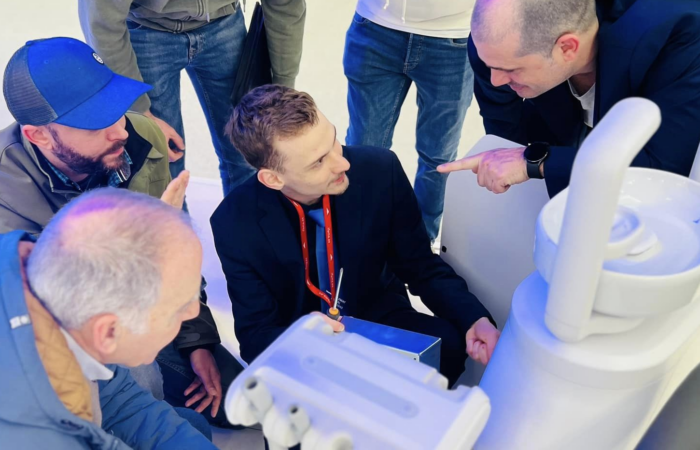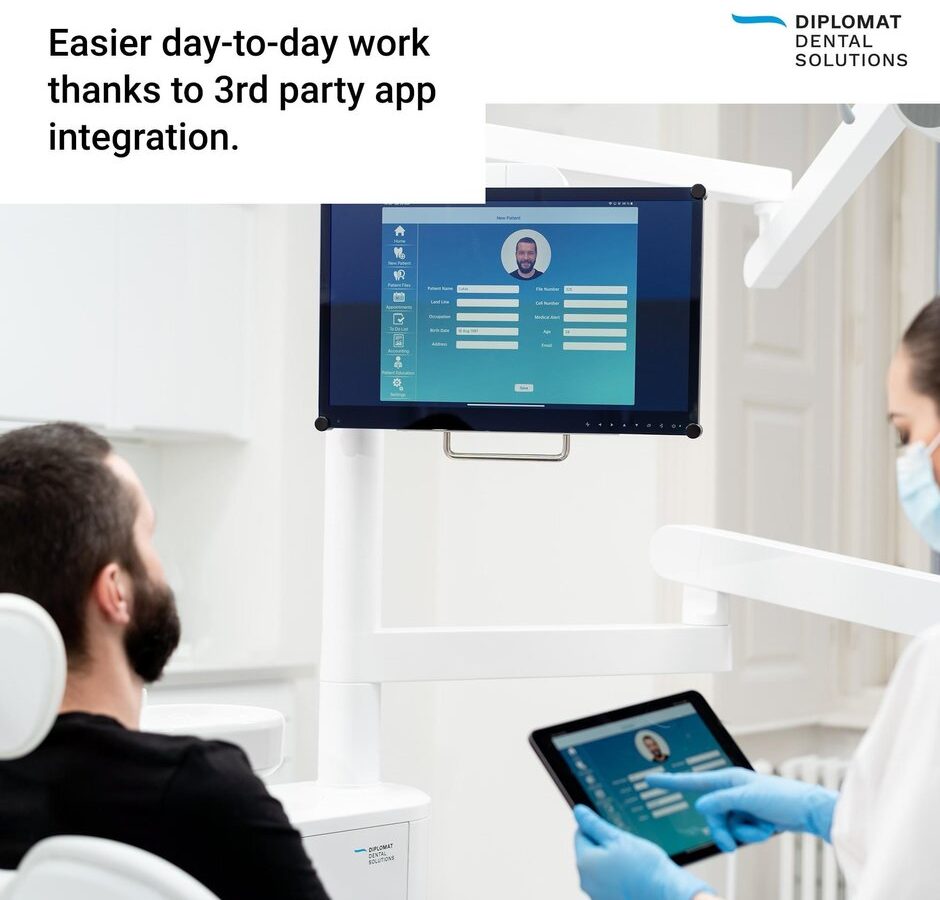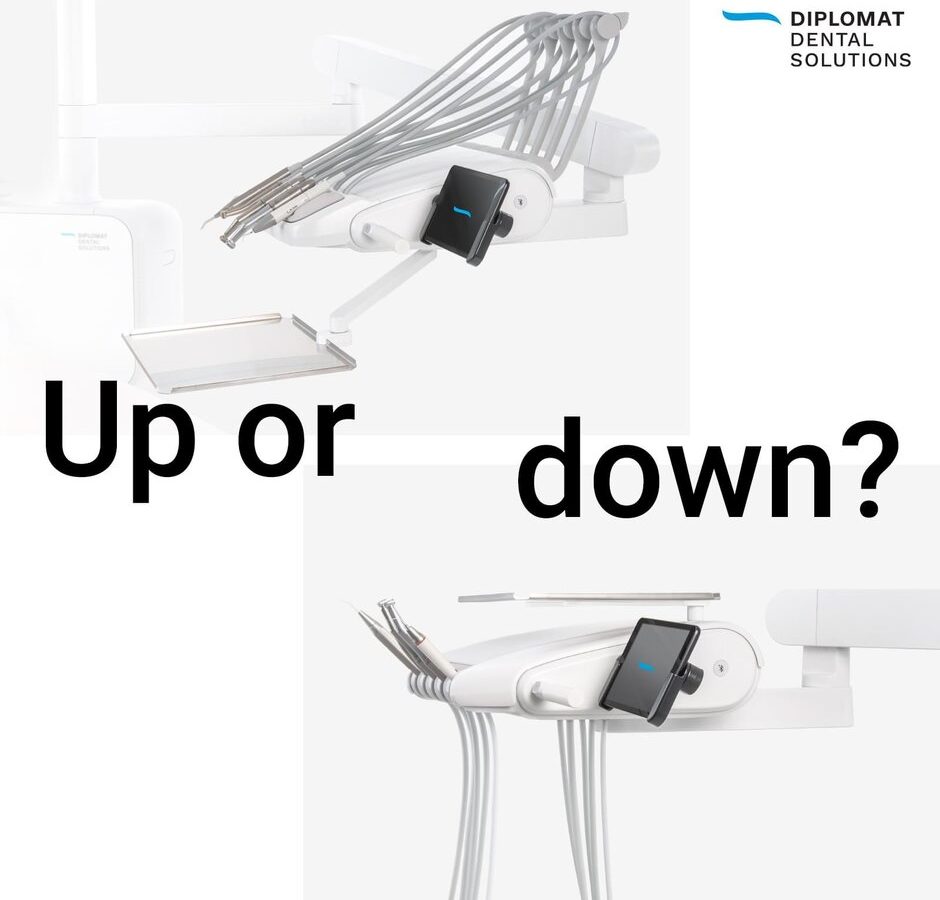Selecting the right dental unit is a pivotal decision for any dental practice. With the global dental equipment market projected to reach $8.45 billion by 2025, the demand for high-quality, reliable dental chairs is more significant than ever. In Europe and the USA, the average price of a dental chair ranges between $10,000 and $50,000, reflecting the advanced technology and customization options available. On average, dental units have a lifespan of about 10 to 15 years, making it essential to invest wisely.
We continue our series of articles within the “Diplomat Dental Academy” to facilitate the decision of purchasing the first dental unit.
Part 1: How to choose your first dental unit?
Part 2: Dental practice without interruptions and financial losses?
In Europe alone, there are over 360,000 practicing dentists, each requiring efficient and durable equipment to provide top-notch care. In 2023, approximately 120,000 dental units were sold worldwide, highlighting the robust demand and competitive nature of this market. As you navigate this landscape, here are the key features to consider when choosing a dental unit, ensuring you make a well-informed decision.
Key features to consider when choosing a dental unit
1. Ergonomics and comfort
The design of the dental chair should prioritize ergonomics to prevent long-term musculoskeletal issues for practitioners. Look for adjustable features that cater to different procedures and ensure patient comfort. A well-designed chair can significantly improve the overall experience for both the dentist and the patient.
More: Ergonomics: your key to professional well-being
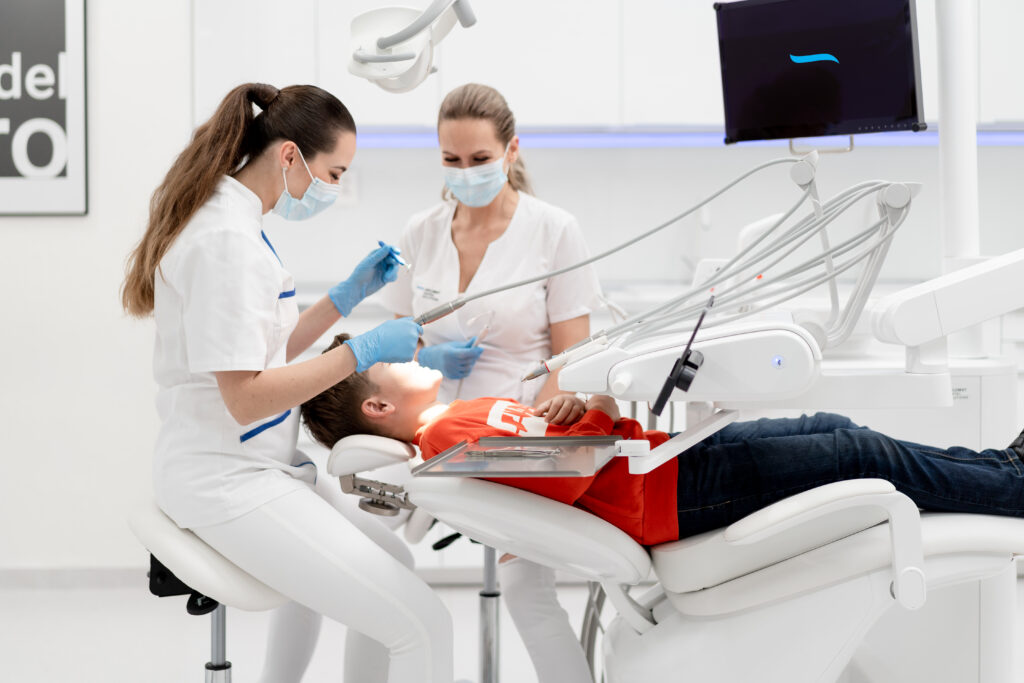
2. Durability and reliability
On average, dental units have a lifespan of about 10 to 15 years. Investing in a durable and reliable unit ensures that your equipment will withstand the rigors of daily use. High-quality materials and robust construction are essential. The cost of dental chairs can range widely, with prices in Europe and the USA averaging between $10,000 and $50,000. It’s crucial to consider the long-term value rather than just the upfront cost.
More: Your technician recommends: Diplomat Dental
3. Technological integration
Modern dental units often come with advanced technological integrations such as digital imaging systems, intraoral cameras, and patient management software. These features can streamline workflows and improve diagnostic accuracy. When evaluating dental units, consider how well these technologies integrate with your current systems and whether they offer upgrade options.
More: Dental unit ready for digital devices integration

4. Maintenance and serviceability
Regular maintenance is vital to ensure the longevity of your dental unit. Opt for units that are easy to clean and maintain, with readily available replacement parts. Check the manufacturer’s service agreements and support infrastructure. Efficient customer service and quick turnaround times for repairs can minimize downtime and ensure your practice runs smoothly.
5. Customization and aesthetics
The ability to customize your dental unit to fit the specific needs of your practice is a significant advantage. Look for units that offer various configurations (lifted, carried, convertible) and customization options such as upholstery colors and materials. A well-designed, aesthetically pleasing dental unit can enhance the overall ambiance of your practice and make a positive impression on patients.
More: Dentistry trends: the essence of open system solutions
6. Cost and financing options
Dental units are a substantial investment. It’s essential to have a clear understanding of your budget and financing options. Many manufacturers offer leasing or financing plans to help manage the cost. Be sure to factor in the total cost of ownership, including maintenance and potential upgrades.
More: Smart dental units – let’s talk about return of investments
7. Reputation and experience of the manufacturer
The experience and reputation of the manufacturer are crucial factors. Established manufacturers with a long history in the dental industry are more likely to offer reliable products and robust customer support. Research the manufacturer’s track record, read reviews, and consider seeking recommendations from colleagues.
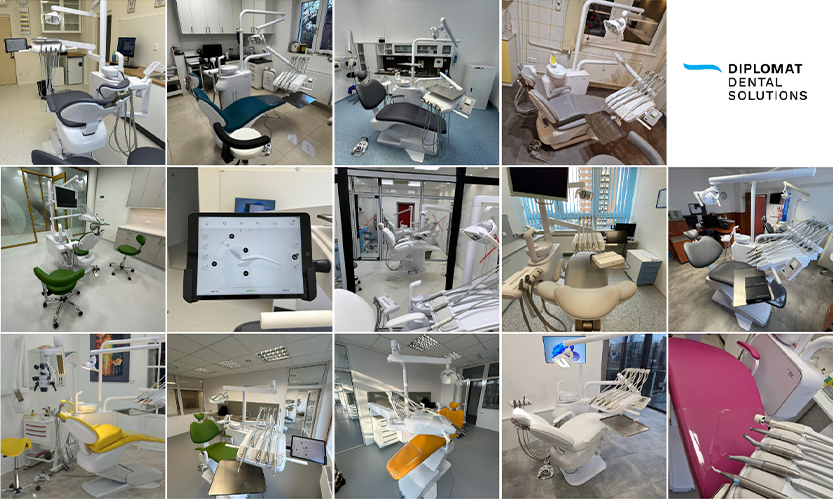
Creating a list of questions for the sales team
Choosing the right dental unit becomes easier when you have a clear set of questions to ask the sales team. Here are some questions to consider:
- What are the key ergonomic features of this dental unit?
- Can you provide data on the average lifespan and durability of this unit?
- What technological integrations does this unit support? Are there options for future upgrades?
- What are the maintenance requirements and service protocols?
- What customization options are available in terms of configuration and aesthetics?
- What is the total cost of ownership, including maintenance and potential upgrades?
- Can you provide information on the manufacturer’s experience and reputation in the dental industry?
By focusing on these features and asking the right questions, you can make a well-informed decision that best suits the needs of your dental practice. Remember, the best dental unit is one that offers a balance of comfort, reliability, technology, and support, tailored to your specific requirements.
